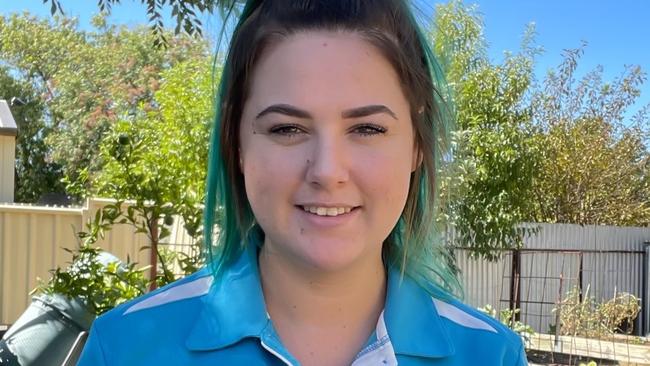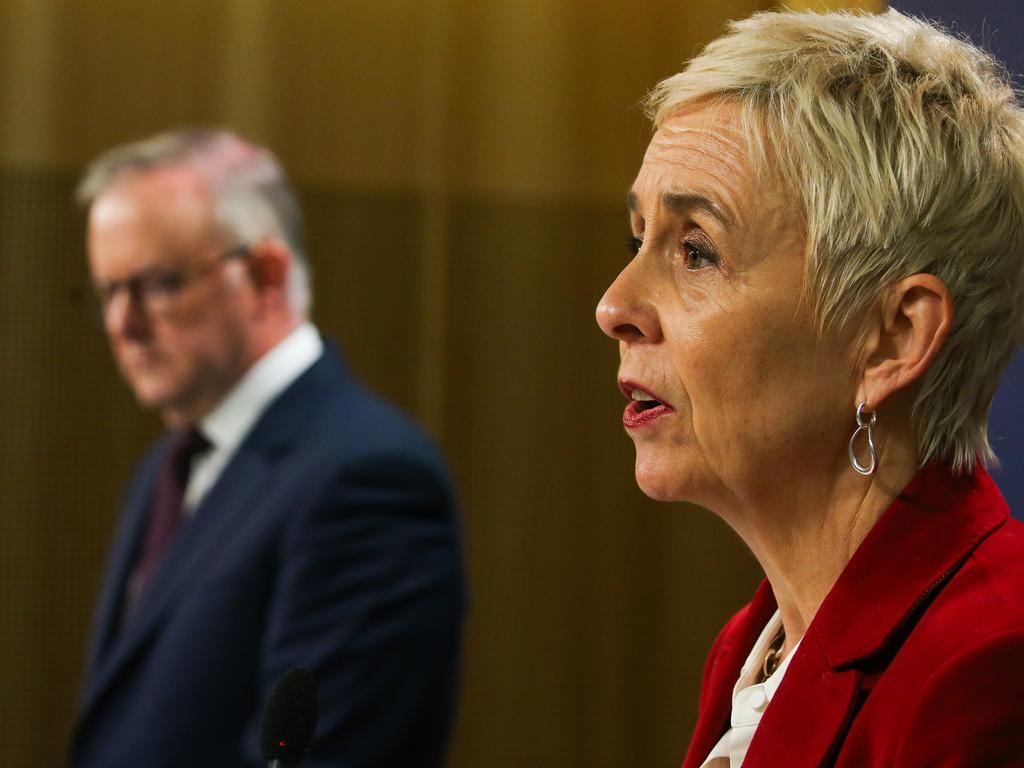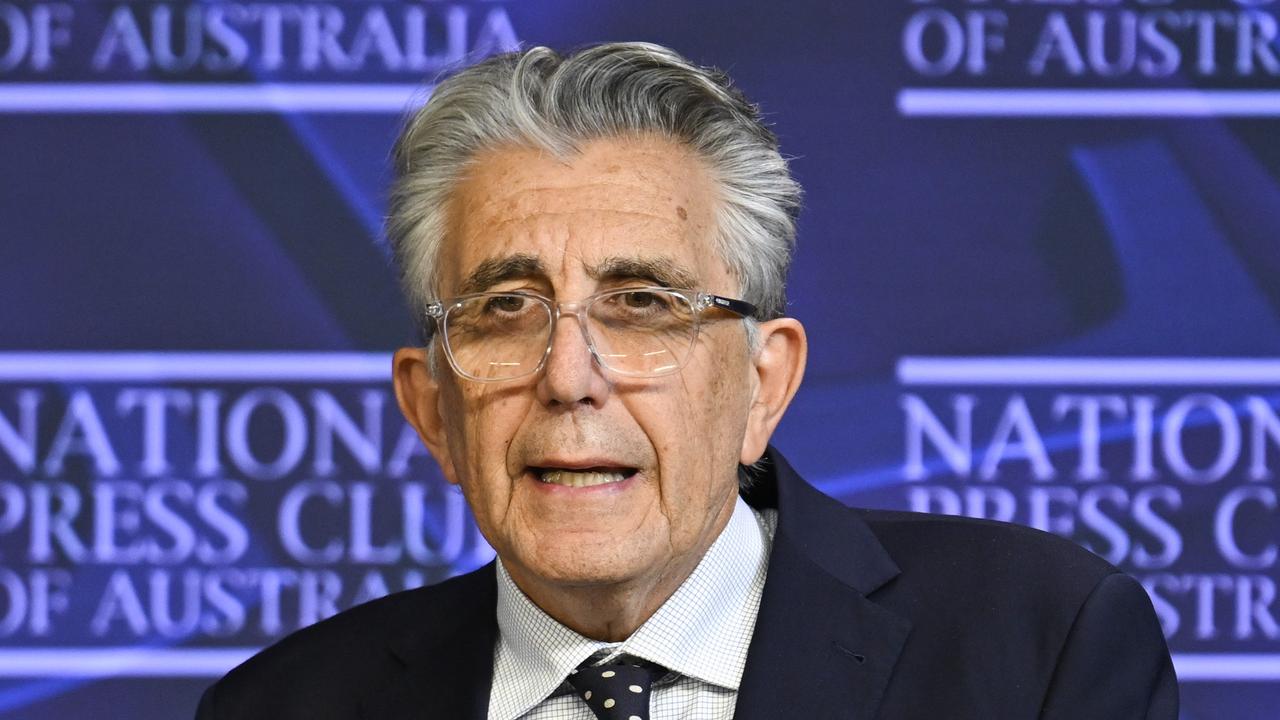‘Knee-jerk’ bail reforms to combat domestic violence crisis fail women: criminal lawyers
Hasty bail reforms to fight Australia’s growing domestic violence crisis would actually end in worse outcomes for women and children, criminal lawyers say.

Knee-jerk bail reforms combatting Australia’s growing domestic violence emergency would lead to overcrowded prisons, disintegrate the rights of defendants, and result in worse outcomes for women and children, criminal defence lawyers say.
Instead, efforts should be focussed on “measured, thoughtful and consultative” approaches to reduce offending and stop the crisis that has seen more than 30 women killed at the hands of men this year.
NSW premier Chris Minns ordered an urgent review into state bail laws earlier this week after 28-year-old mother Molly Ticehurst was allegedly murdered by her former partner while he was on bail for rape and stalking charges against her.
Impulsive bail reform ‘not the answer’
Hugo Law Group partner Helen Christinson said “a knee-jerk reaction to toughen bail laws” was not the answer, and “could lead to situations where individuals, whose guilt has not been established, are unjustly deprived of their liberty.”
“Contrary to popular belief and current discourse, it is not necessarily easy for an accused to get bail and no grant of bail is without risk,” she said.
“Under the Bail Act in NSW, certain individuals must show cause as to why they should be granted bail, especially for serious offences like murder, sexual offences, and firearms offences. This requirement places a significant burden on the applicant, making it more difficult to obtain bail.”

Macquarie University criminology lecturer Vincent Hurley told ABC’s Q&A on Tuesday that Ms Ticehurst’s partner Daniel Billings should never have been released on bail.
“If a male has a history of crimes of violence, of any form of domestic violence — coercion, physical or emotional — they should not have the presumption of bail,” he said. “There will be people who vehemently disagree about the rule of law, about the right of individuals, about innocent until proven guilty - but what does society want?”
NSW, like most states, has a presumption of bail, meaning in almost all circumstances is up to the Crown to prove whether an alleged offender should be denied bail.
But Ms Christinson said “impulsive and ill-considered” bail reform could lead to laws that “overlook the unintended consequences of poorly considered changes”.
“A measured, thoughtful and consultative approach to legislative change is essential to ensure that laws are effective, well drafted, balanced, and aligned with societal values,” she said.
Indigenous communities and people from low socio-economic backgrounds are already disproportionately affected by bail laws, Ms Christinson said, adding that pre-trial detention can lead to “job loss, housing instability, and strained relationships, all of which can increase the likelihood of reoffending.”

Bail reforms could strain an already overwhelmed prison system
“Any reforms must be mindful of these disparities and work towards creating a more equitable justice system for all,” she said.
Ms Christinson said stricter bail laws could also “overwhelm an already strained prison system” and compromise the safety and wellbeing of both inmates and staff.
Australian Lawyers Alliance president Greg Barns SC said it may be “unfashionable” but governments need to do more to rehabilitate offenders.
“The rights of victims are of course a number on priority, but an equal number one priority is having smart justice solutions in relation to perpetrators, and ensuring they don’t reoffend,” he said, adding that bail reform would not “resolve underlying issues”.
Mr Barns said amendments to Victoria’s Bail Act made in 2018 following the Bourke Street massacre in which James Gargasoulas killed six pedestrians and injured 27 others were a “disaster” and failed to reduce recidivism.
NSW Council for Civil Liberties president and criminal lawyer Lydia Shelly said while it is “tempting” to believe changes to bail laws would solve the problem, it would only “provide a false sense of reform and security and arguably, continue to expose women to harm and violence.”
“If we are to reduce the occurrence of these types of horrendous crimes, we must ensure that structural failures within our criminal justice system and our communities are appropriately understood, addressed and funded,” she said.
“Without appropriate resourcing and funding, laws are rendered impotent. Legislative changes, without making any structural or cultural change will always leave women unsafe and at risk of violence.”
Anthony Albanese on Wednesday announced a five-year $925m investment to help people escape domestic violence, as well as a suite of initiatives to combat male extremist views about women online, following an emergency meeting of national cabinet.

$925m investment to help people escape domestic violence
“The government will invest $925 million over five years, it will be included in the budget in two weeks’ time, to permanently establish the Leaving Program,” he said in a press conference.
“Those eligible will be able to access up to $5000 in financial support along with referral services, risk assessments, and safety planning.
“Today also, we’re announcing a suite of online measures to help combat toxic male extremist views about women online ... We will introduce legislation to ban the creation and distribution of deepfake pornography, sharing sexually explicit material using technology like artificial intelligence will be subject to serious criminal penalties.”
A spokesperson for Ms Ticehurst’s family has called for legislative changes to ensure authorities are notified if alleged perpetrators breach bail or other court directions.
“There has to be something put in place that says if you receive bail today, we will know where you are the minute you walk out of there,” Jacinda Acheson told the ABC.
“The monitoring devices need to be put in place and it needs to become Molly’s Law. “








To join the conversation, please log in. Don't have an account? Register
Join the conversation, you are commenting as Logout